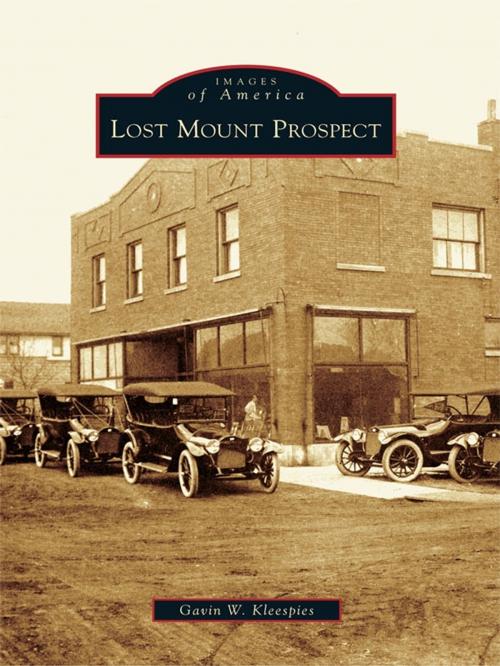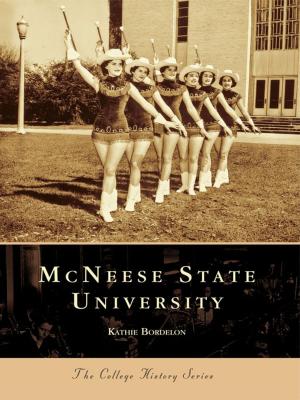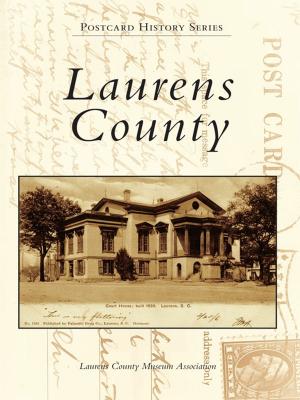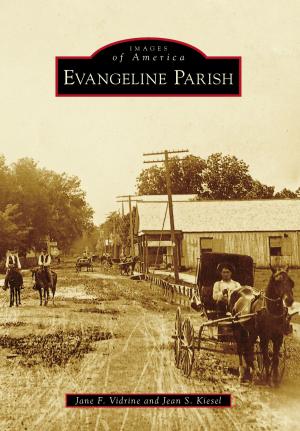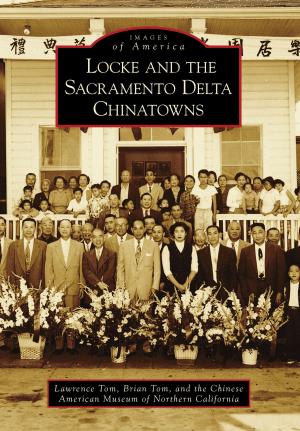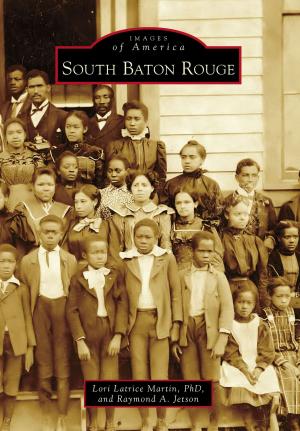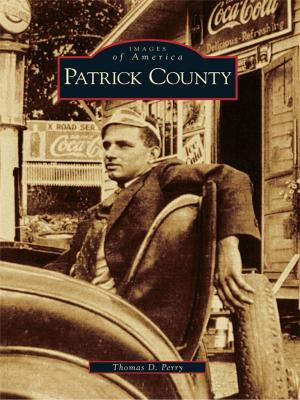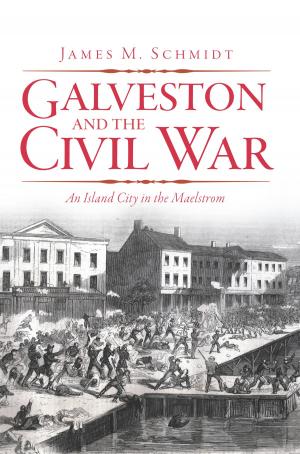| Author: | Gavin W. Kleespies | ISBN: | 9781439633120 |
| Publisher: | Arcadia Publishing Inc. | Publication: | August 28, 2006 |
| Imprint: | Arcadia Publishing | Language: | English |
| Author: | Gavin W. Kleespies |
| ISBN: | 9781439633120 |
| Publisher: | Arcadia Publishing Inc. |
| Publication: | August 28, 2006 |
| Imprint: | Arcadia Publishing |
| Language: | English |
Mount Prospect dates back to the 1840s. The village has a fascinating legacy as an immigrant community, an ambitious small town, an early progressive suburb, and a classic postwar community. However, few of today�s residents are aware of this legacy. Much of Mount Prospect�s past has been overshadowed by the incredibly rapid development of the past half century. The population of Mount Prospect in 1950 was around 4,000 people, the population was almost 19,000 by 1960, and today it approaches 60,000. This amazingly rapid development fundamentally changed how Mount Prospect saw itself and redefined the community�s landscape. Many of the older buildings were demolished to make way for new developments or were modernized and are now hard to identify. The farms and early industries were replaced with houses and shopping areas. By the time this rapid development was over, it was hard to see what had been here before. Lost Mount Prospect is an examination of this history. It is a look at the village through the lens of what no longer exists.
Mount Prospect dates back to the 1840s. The village has a fascinating legacy as an immigrant community, an ambitious small town, an early progressive suburb, and a classic postwar community. However, few of today�s residents are aware of this legacy. Much of Mount Prospect�s past has been overshadowed by the incredibly rapid development of the past half century. The population of Mount Prospect in 1950 was around 4,000 people, the population was almost 19,000 by 1960, and today it approaches 60,000. This amazingly rapid development fundamentally changed how Mount Prospect saw itself and redefined the community�s landscape. Many of the older buildings were demolished to make way for new developments or were modernized and are now hard to identify. The farms and early industries were replaced with houses and shopping areas. By the time this rapid development was over, it was hard to see what had been here before. Lost Mount Prospect is an examination of this history. It is a look at the village through the lens of what no longer exists.
